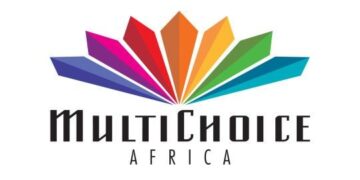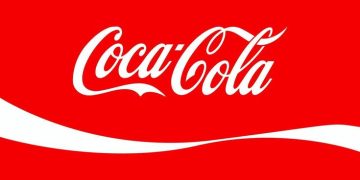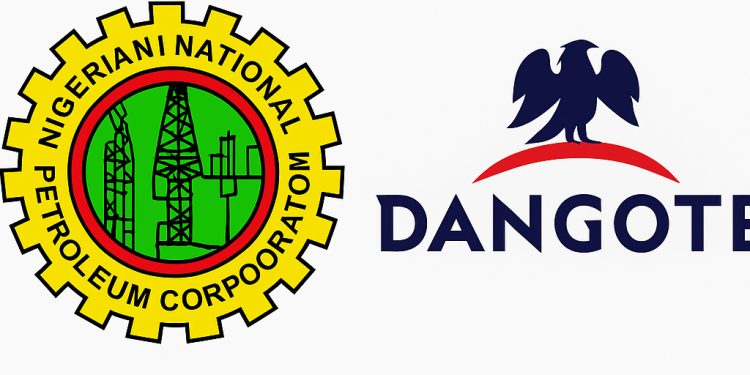The Nigerian National Petroleum Company (NNPC) and Dangote Petroleum Refinery have both announced substantial reductions in the pump prices of Premium Motor Spirit (PMS), commonly known as petrol.
The NNPC confirmed a nationwide petrol price drop to ₦910 per litre, marking a significant move by the state-owned oil corporation to align with current market realities and ease inflationary pressure. This move comes as the country continues to grapple with a cost-of-living crisis and seeks economic relief through energy reforms.
In a related announcement, Dangote Petroleum Refinery released a statement on Wednesday, 16th April, declaring a reduction in its gantry price from ₦865 to ₦835 per litre. This is the second reduction by the privately-owned refinery within one week.
According to the statement signed by Anthony Chiejina, Group Chief Branding and Communications Officer of Dangote Group, the new pricing is effective immediately and reflects the company’s commitment to delivering quality fuel at more affordable rates.
As part of the rollout, petrol will now be sold at ₦890 per litre in Lagos and through major distributors such as MRS, Ardova (AP), Heyden, Optima Energy, Hyde, and Tecno Oil down from ₦920. The South-West region will now access PMS at ₦900, while the North-West and North-Central will see pump prices lowered to ₦910. In the South-East, South-South, and North-East, prices are now pegged at ₦920, A notable decrease from the previous ₦950.
“These price reductions reaffirm our commitment to providing high-quality petrol at affordable rates, benefiting consumers across the nation,” Chiejina said, adding that the company is working closely with its partners to ensure the changes are fairly implemented across the supply chain.
Dangote also highlighted its broader efforts to stabilize fuel prices since February, during which the refinery made multiple cuts totaling ₦125 per litre. The statement further emphasized that other refined products like diesel and Liquefied Petroleum Gas (LPG) have also seen substantial reductions due to increased domestic refining capacity.
Industry analysts believe the price adjustments could positively influence inflation trends, transportation costs, and consumer purchasing power, especially during the Easter season.
The joint reduction by both NNPC and Dangote is seen as a coordinated effort possibly in line with government objectives to mitigate economic hardship. However, there is yet no official confirmation from the federal government indicating whether a regulatory directive or legislation has been signed to standardize the pricing structure nationwide.
Nonetheless, both moves signal a potentially new chapter in Nigeria’s downstream petroleum sector, as domestic refining efforts and private-public collaboration continue to reshape energy economics in Africa’s largest oil-producing nation.

























































